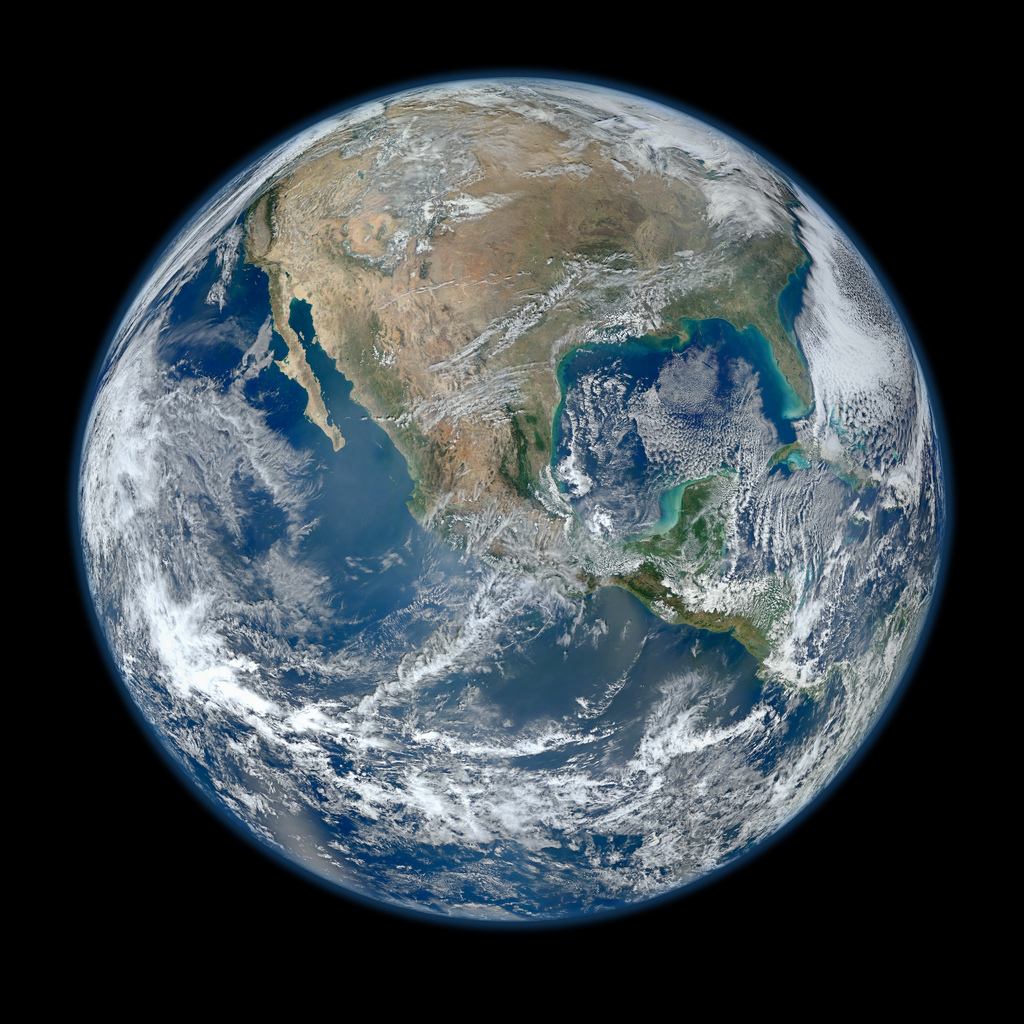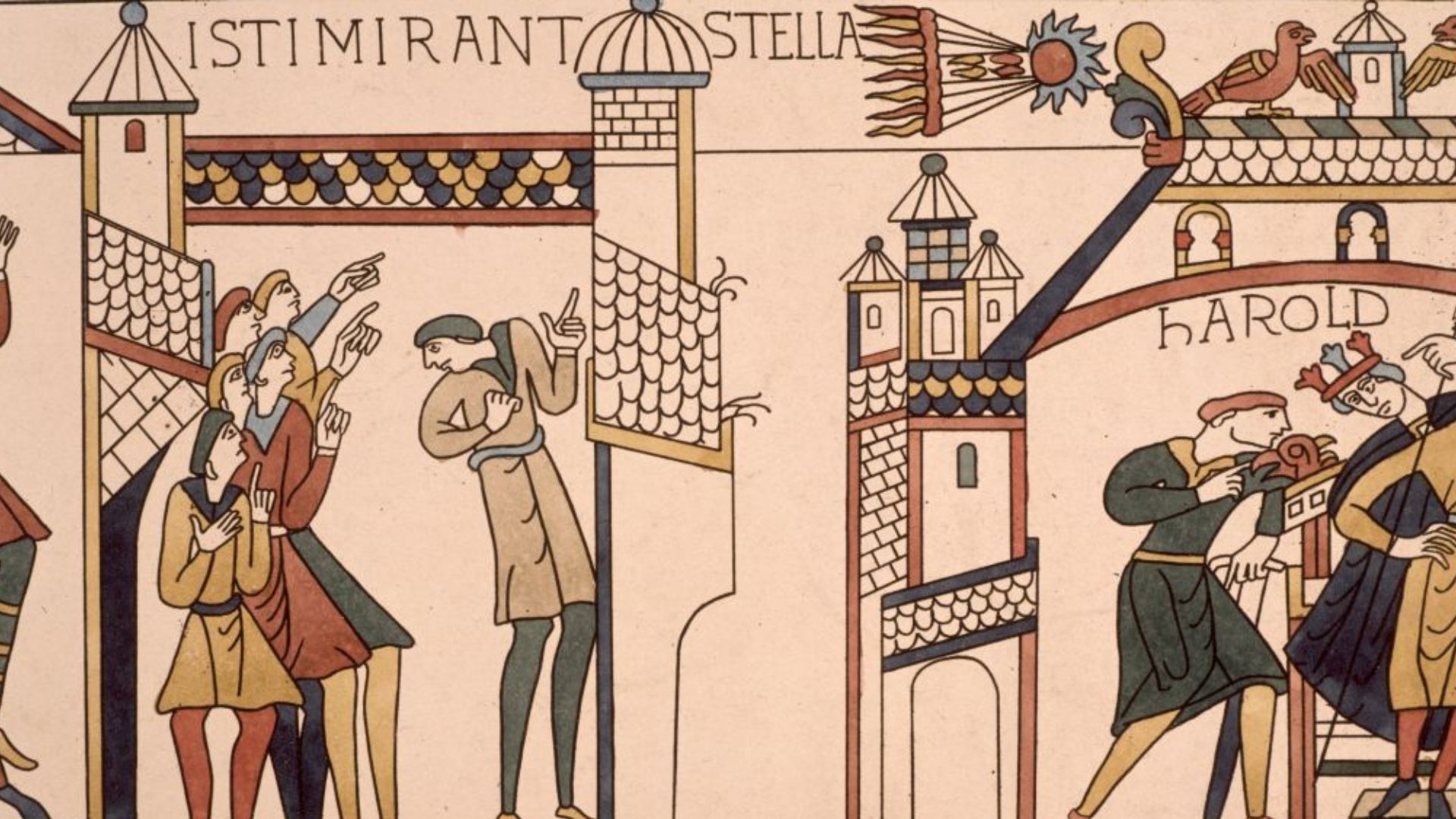Climate Change Disbelief Rises in America

The number of Americans who believe global warming isn't happening has risen to 23 percent, up 7 percentage points since April 2013.
The latest survey, taken in November 2013, finds that the majority of Americans — 63 percent — do believe in climate change, and 53 percent are "somewhat" or "very" worried about the consequences.
The proportion of people who do believe in climate change has been steady since April 2013, but the proportion of those who say they "don't know" whether climate change is happening dropped 6 percentage points between April and November 2013, suggesting that many "don't knows" moved into the "not happening" category.
"People who prior said don’t know are increasingly saying they don't believe it," said Anthony Leiserowitz, the director of the Yale Project on Climate Change Communication, which released the new results today (Jan. 16). [10 Climate Change Myths, Busted]
Climate opinion
Leiserowitz and his colleagues surveyed a nationally representative sample of 830 Americans in late November and into early December 2013. The margin of error is plus or minus 3 percentage points.
The findings reveal that Americans' understanding of climate change is mixed.
Get the world’s most fascinating discoveries delivered straight to your inbox.
For example, 42 percent of Americans correctly believe that most scientists agree that global warming is happening. Only 22 percent, however, know that more than 80 percent of climate scientists agree on that basic fact. The rest of the survey respondents perceive more disagreement than actually exists.
Forty-seven percent of Americans say that if global warming is happening, it is caused mostly by human activities. This is the belief backed up by the scientific evidence; in the most recent report by the Intergovernmental Panel on Climate Change (IPCC) in September 2013, scientists agreed that it is "extremely likely" that human emissions of greenhouse gases are causing the planet to warm. Thirty-seven percent of Americans reject this consensus, saying that climate change is most likely caused by natural fluctuations.
Shifting views
Media coverage surrounding the release of the IPCC report in September may be the explanation for the shift of more previously uncertain people into disbelieving climate change, Leiserowitz told LiveScience. While the report made a strong case for human-caused climate change, most media coverage focused on the question of whether there has been a "pause" in global warming.
In fact, some research does show a slowdown in how fast temperatures are rising, if not a pause. Scientists theorize the slowdown could be the result of decades-long climate cycles playing out against a background of long-term warming. But a study published online in November 2013 in the Quarterly Journal of the Royal Meteorological Society suggests that even that slowdown may be an illusion, caused by gaps in temperature data.
Nevertheless, the media framing of the story may have contributed to more doubt among those who were not firm in their convictions, Leiserowitz said.
"Media frames can be really important in shaping the way people interpret the news," he said.
Many of the other responses in the survey showed little movement from April to November 2013. The proportion of Americans worried about global warming did not shift significantly.
The findings divide Americans into six distinct subsets. Sixteen percent are "alarmed," sure global warming is happening and concerned about it. On the opposite end of the spectrum are the "dismissive," who comprise about 15 percent of the public and who almost all see global warming as a conspiracy theory or hoax. Changing either of these two groups' opinions about climate change is nearly impossible, Leiserowitz said.
The "doubtful," 12 percent of the public, are inclined to disbelieve climate change and may be difficult to convince, he said. Another 23 percent of the country is "cautious" — they believe climate change is happening, but are uncertain and tend to see the threat as distant.
The cautious are among the Americans most open to hearing the scientific evidence about climate change, Leiserowitz said. So are their neighbors, the disengaged, who make up about 5 percent of the public and who have given climate change little thought. These are the groups that tend to rely on their own personal experiences, such as their feelings about the weather, to make judgments about whether climate change is happening. Recent research suggests that people draw on current temperatures to make climate change judgments because that information is concrete and easily accessible.
Follow Stephanie Pappas on Twitter and Google+. Follow us @livescience, Facebook & Google+. Original article on LiveScience.

Stephanie Pappas is a contributing writer for Live Science, covering topics ranging from geoscience to archaeology to the human brain and behavior. She was previously a senior writer for Live Science but is now a freelancer based in Denver, Colorado, and regularly contributes to Scientific American and The Monitor, the monthly magazine of the American Psychological Association. Stephanie received a bachelor's degree in psychology from the University of South Carolina and a graduate certificate in science communication from the University of California, Santa Cruz.
 Live Science Plus
Live Science Plus





